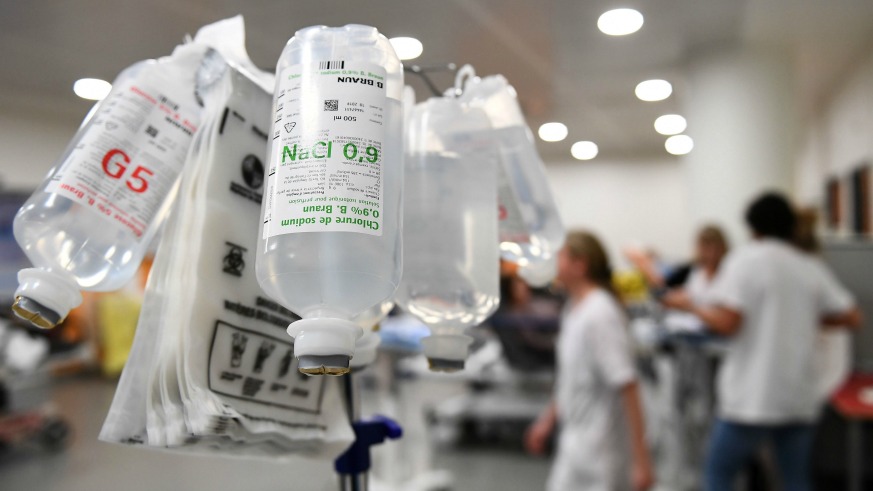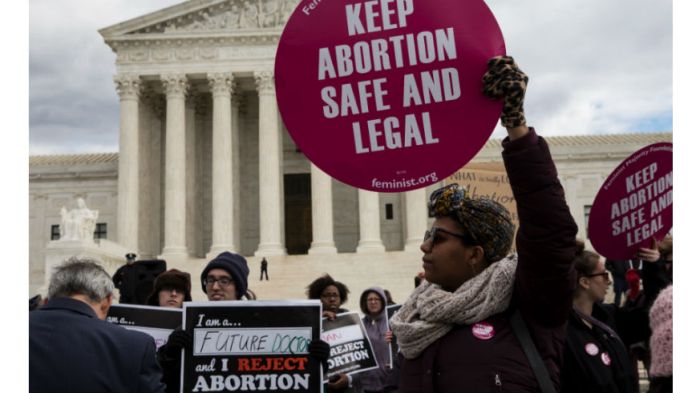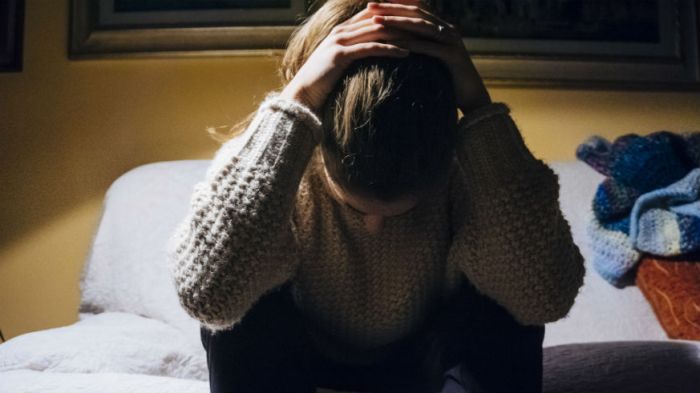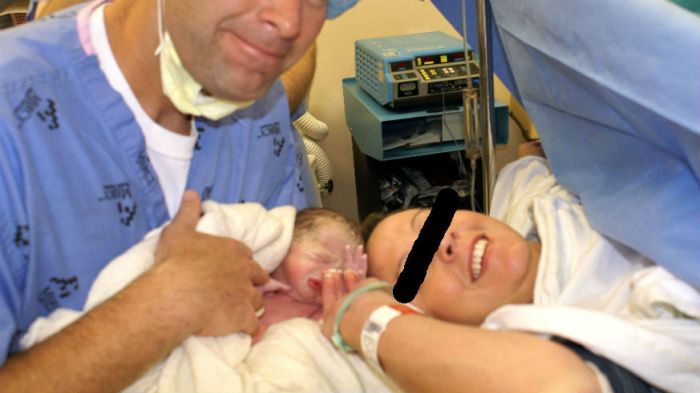The so-called “pink tax” — or the additional costs women pay for everyday products — isn’t just limited to tampons and razors. Women, per capita, pay $361,200 over their lifetimes for healthcare, compared with $268,700 for men.
But better care doesn’t come with paying that extra $90,000 or so.
“Unfortunately, women are taken less seriously more often than men when it comes to pain,” women’s health expert Jennifer Wider, M.D. told Broadly earlier this year. “Studies show that doctors, regardless of gender, tend to undertreat female patients and take longer to administer medication to women.”
Starr Mirza experienced that firsthand.
“I remember it like it was yesterday — I walked in, and right away, I got the eye-rolling,” Mirza told Marie Claire of seeking care for her frequent fainting spells. “They asked me what I had eaten, if I had issues with my weight, if I had a problem with my brother getting better grades in school than I did. They were trying to say, ‘Look, she’s doing this for attention.'”
She went to several specialists — including psychiatrists — to get answers, but she continued to pass out until it landed her in the hospital in 2003. It was only then that Mirza found out she suffers from QT Syndrome, a rare heart condition that causes irregular heartbeats, unexplained fainting and even sudden death.
“I wish that just one person would have held my hand and said, ‘I believe you—I know you’re sick, and we’re going to figure this out,'” she told the magazine.
It’s men vs. women when it comes to medical care
“It happens all the time,” Dr. Martha Gulati, head of cardiology at the University of Arizona College of Medicine, told Marie Claire after hearing Mirza’s story. “If you’re in health care and take care of a lot of women, you certainly hear these stories and shake your head, because you know what they’re going to say, because you see it far too often, unfortunately. The bottom line is, we don’t do as good of a job taking care of women as we do men.”
A 2001 study by ResearchGate found that female health complaints are often dismissed as “emotional” or “psychogenic” concerns — and they tend to wait 16 minutes longer for pain medicine when in the emergency room, according to a national Institute of Health study.
“There is inherent bias that makes us undervalue women’s symptoms,” Gulati added. “What [Mirza] experienced is a great example of the problem with us not recognizing women at risk — by the time we make a diagnosis, they are living with the consequences of the lack of care.”
The reason may be that there’s a huge lack of research into women’s health.
Cardiovascular disease is the number one cause of death in U.S. women, but a 2010 Cardiovascular Quality and Outcomes study showed that guidelines for preventing cardiovascular disease came from trials where women only made up a third of the participants.
Women do outpace men in a certain area of healthcare
Men might be more represented in healthcare, but they go to the doctor less than women — 80 percent less, according to a Centers for Disease Control report.
“Many men have the attitude that what they don’t know can’t hurt them,” psychologist Katherine Krefft, PhD, told Everyday Health. “That is rarely true about anything, but it can be especially dangerous when it comes to men’s health.”
This may contribute to why women still live seven years longer than men, but the men vs. women gap still doesn’t make sense.
“Women are not just men with boobs and tubes,” says Dr. Janice Werbinski, a gynecologist and executive director of the Sex and Gender Women’s Health Collaborative. “We can actually harm women by not researching them correctly and knowing the differences.”
























